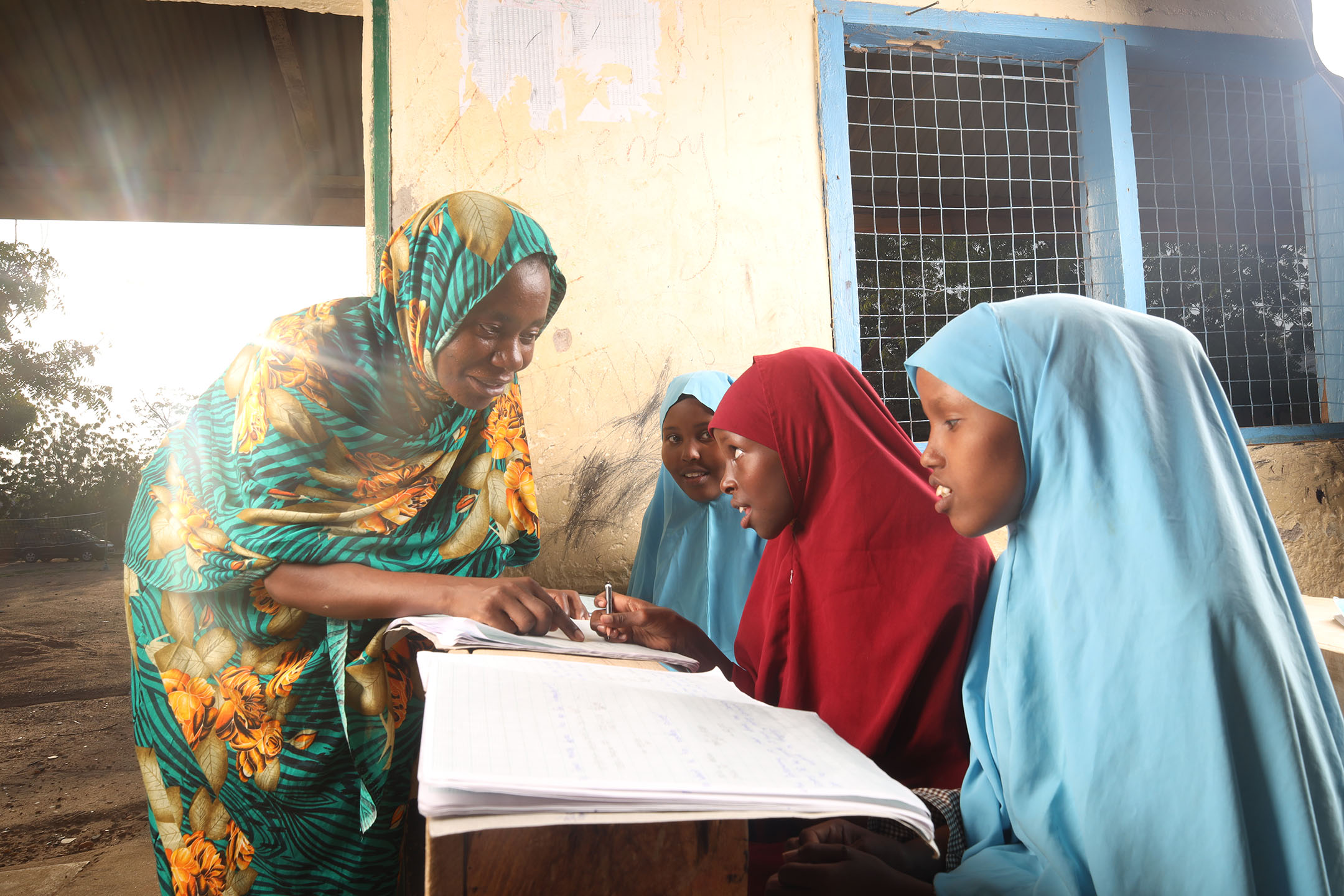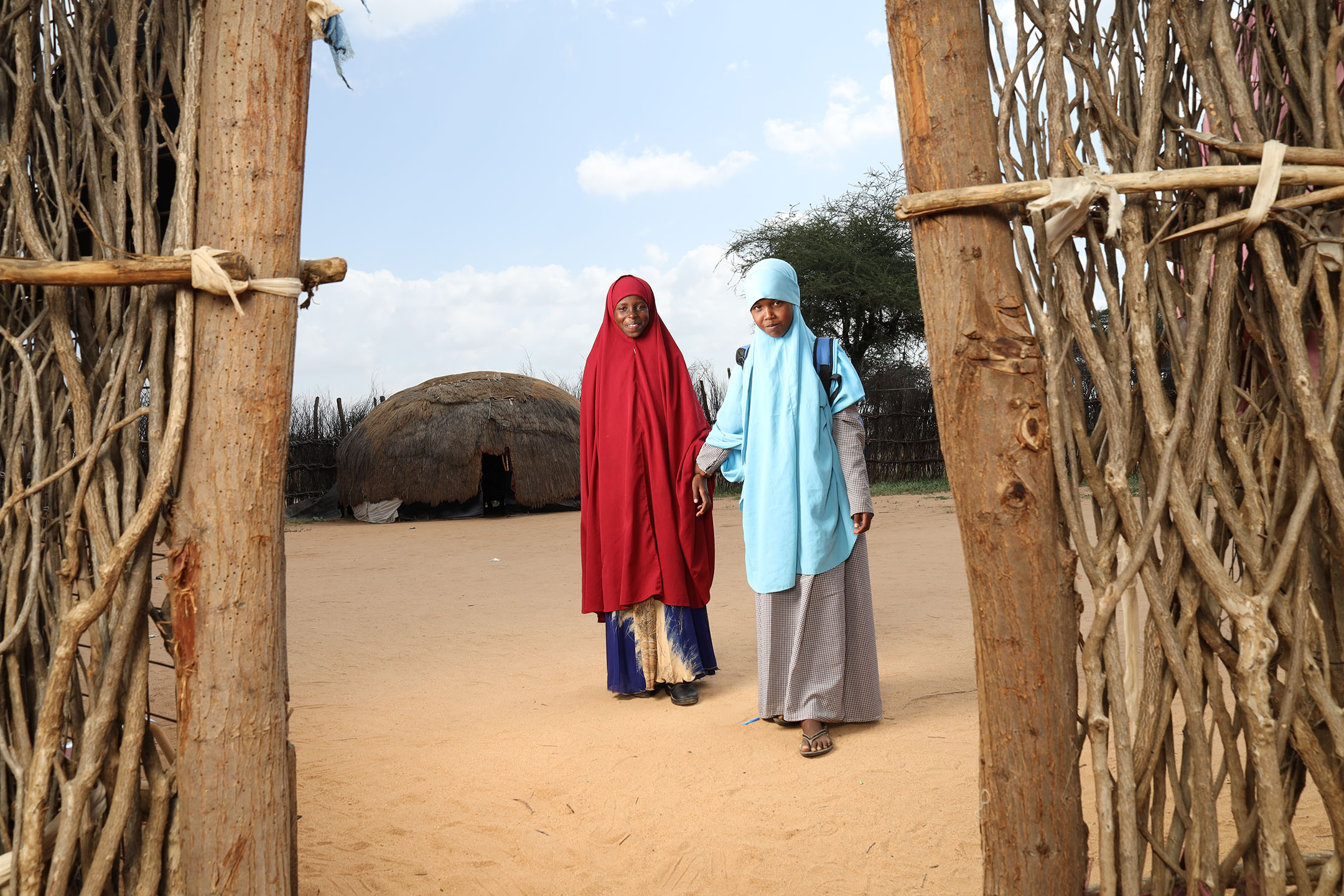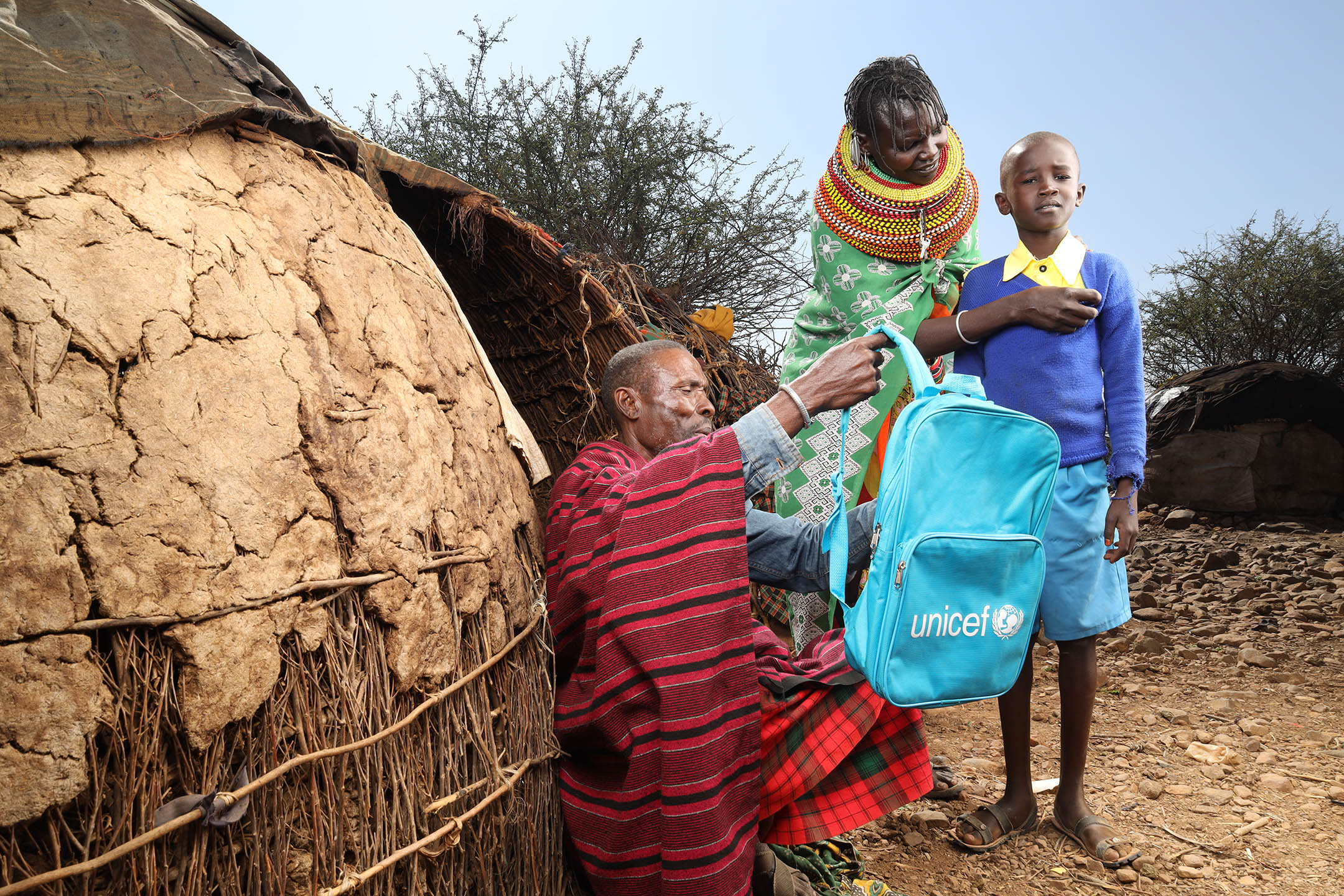One of the most observable and widely reported outcomes of the COVID-19 global pandemic has been a huge spike in mental health challenges right across the world.
In Kenya’s Garissa town, one parent got to know a little bit about this first-hand when his son, deprived of all the benefits of school due to a national lockdown, struggled with the subsequent state of inactivity. Muhktar Abdullahi Maalim says his teenage son Hamza struggled to stay at home. There were a few reasons for that, one of which is that Muhktar himself did not have a steady income. The lockdown froze economic activity and so his family, like hundreds others in Garissa, struggled to get by.
“I’m just a hustler,” he says of himself. “My son was eleven at the time. He became quite stressed. Unable to stay still at home, he left for town to look for something to do. It was a difficult time for everyone but somehow, this going to town daily, returning only in the evening, did him good and he regained his joy of life.”
However, when the lockdown had been lifted and schools reopened, Hamza declined to return to class. “It was hard for him and to an extent I understood how he felt. As with economically-deprived parents all over Kenya, Muhktar and his wife hoped that education would be the key to better life opportunities for their family. With six children in the house, they hoped their firstborn son would complete his education and help the family climb out of the pit of poverty that life had dumped them in. Therefore, Hamza’s refusal to return to school intensely pained the parents.
In 2022, the Kenya government, working together with UNICEF and other partners, launched the “Come Twende Shule” campaign. It aimed to get some 250,000 out-of-school children in 16 counties back in to classrooms. These 16 counties accounted for 90 per cent of all Kenyan children out school.
Working through Centre for Behaviour Change Communication (CBCC)’s DigiRadio platform, the initiative launched on radio stations across the country. In Garissa, it beamed to homes and public places regularly and insistently on Kulmiye FM. Somewhere out there, Hamza heard. Like a surgeon’s scalpel, it opened him up in the inside.
“He heard that other children were returning to school and older ones to college. The message stirred up in him a powerful desire to go and complete his education. He did, out of his own volition. As we speak, he is the most motivated 14-year old child I have ever seen,” Muhktar adds with a laugh, clearly proud of his son. “He wants to alter his destiny.”
“The project has touched lives. Here in Garissa there are lots of families with children out of school. The radio broadcasts resonated loudly with families. Their on-air response was enthusiastic.”

Kulmiye FM radio presenter Abdullahi Hussein appreciates the impact of the “Come Twende Shule” project. Through the Kulmiye Fan Club, they got exhilarated audience feedback. “The project has touched lives. Here in Garissa there are lots of families with children out of school. The radio broadcasts resonated loudly with families. Their on-air response was enthusiastic.”
Although exact figures are yet to be availed, Hussein says the feedback from parents suggested that many children would be sitting on desks in classrooms across the county.
He warns, however, that the project’s success needs to be tempered with some regret because of the number of out-of-school girls who never got to benefit from the message. He lists two categories of these girls:
- Children who never got the opportunity because their poverty-stricken parents just had no way of taking them to school in the light of the heavier issues of famine occasioned by drought both before and after Covid 19.
- The girl-children in the interior where even radio was difficult to access.
“Cultural practices here favour boys over girls when it comes to families making decisions on whom to take to school,” he says. “While here in town the message helped shift perspectives, in the distant interior nothing has changed: girls still don’t go to school.”
Be that as it may, the project has, by all accounts, been a resounding success.



